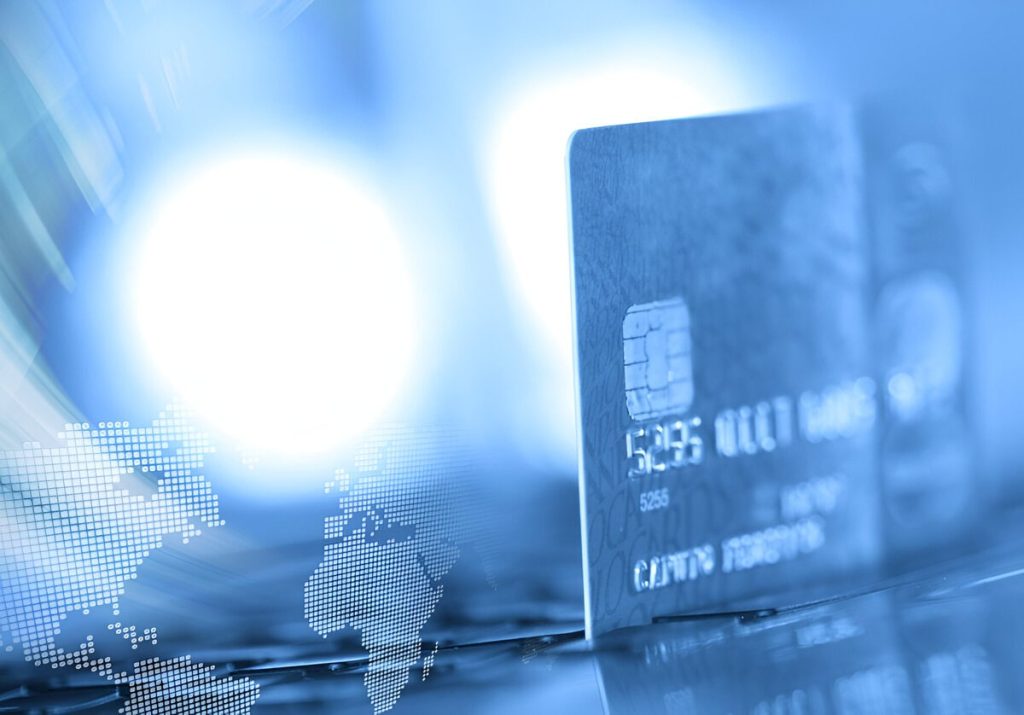Introduction
Preauthorization, or an authorization hold, is a process where merchants check if a customer’s credit or debit card is valid and has enough funds before completing a transaction. This is widely used in industries like hospitality, car rentals, and online shopping. Visa and Mastercard describe preauthorization as a tool to avoid declined payments, chargebacks, and potential fraud.
For example, hotels often preauthorize credit cards to cover incidental charges, while gas stations use it to ensure customers can pay for fuel before pumping.
How Preauthorization Works
The preauthorization process follows a few clear steps:
- Customer initiates a transaction by providing payment information.
- Bank verifies the availability of funds.
- Authorization hold is placed if funds are available, reducing the customer’s available balance but not charging the account.
- Transaction completion: Once the final transaction is confirmed, the hold is either captured or released.
A typical hold lasts 5-7 days but can be extended up to 31 days based on the merchant’s policies. For instance, Visa allows hotels and car rental companies to hold funds longer, particularly for additional charges that may occur after the initial hold.
Table 1: Common Preauthorization Hold Durations by Industry
| Industry | Typical Hold Duration | Extended Hold Duration | Example of Extended Use |
|---|---|---|---|
| Hotels | 5-7 days | Up to 31 days | Long-term stays or potential damages |
| Car Rentals | 5-10 days | Up to 30 days | Coverage for damages or late returns |
| Gas Stations | Instant to 24 hours | N/A | Holds for fuel consumption |
| E-commerce | 1-5 days | N/A | Order verification delays |
This system lets merchants manage funds, securing payments for services or products while preventing customers from exceeding credit limits or overdrawing accounts.

Benefits of Preauthorization
For Businesses:
- Fraud Prevention: Preauthorization prevents fraudulent transactions by checking card details and available funds before a purchase. Global card fraud reached over $35 billion in 2023, and preauthorization helps cut these losses.
- Improved Cash Flow Management: It allows businesses to predict incoming revenue more accurately. Hotels, for example, secure room payment without charging immediately.
- Reduced Payment Processing Fees: Businesses only incur fees when the final charge is processed, avoiding double fees for refunds.
- Chargeback Prevention: Preauthorization reduces chargebacks by confirming a cardholder’s agreement to the transaction. Additionally, Merchanto.org, a partner of Visa and Mastercard, offers effective chargeback prevention solutions. More details can be found at Merchanto.org.
For Consumers:
- Protection from Unauthorized Charges: Customers are not charged until the service is completed, reducing disputes over unauthorized transactions.
- No Overdrafts or Exceeding Credit Limits: Preauthorization prevents overspending or overdrawing accounts, offering more control over finances.
Industries Using Preauthorization
Preauthorization is common in industries where services are rendered before payment or where additional charges may apply. Key industries include:
- Travel and Hospitality: Hotels and rental car companies use preauthorization to cover potential damages, tolls, or fuel charges.
- Gas Stations: Preauthorization ensures customers have enough funds to pay for fuel.
- Subscription Services: Preauthorization verifies payment information during trial periods without immediately charging the card.
Table 2: Preauthorization Usage by Industry
| Industry | Typical Preauthorization Use | Hold Amount |
|---|---|---|
| Hotels | Room charges, incidental expenses | Room rate + incidentals |
| Car Rentals | Rental fees, potential damages | Rental cost + $200-$500 for damages |
| Gas Stations | Fuel purchases | $1-$100 (depending on location) |
| E-commerce | Fraud checks, large transactions | Full transaction amount |
| Subscription Services | Trial period verification | Full subscription amount or $0 |

Challenges and Drawbacks of Preauthorization
While preauthorization offers many benefits, it has certain challenges:
- Customer Confusion: Customers may not understand why a hold is placed on their account or why their available balance is reduced. According to Checkout.com, 20% of customer support inquiries stem from confusion over preauthorization holds.
- Impact on Available Credit: Preauthorization temporarily lowers a customer’s available balance, which can interfere with future purchases or result in overdraft fees.
- Long Hold Durations: Holds may last longer than expected, especially for high-value transactions, leading to customer frustration.
Conclusion
Preauthorization transactions secure payments, prevent fraud, and improve cash flow management. By placing holds on a customer’s funds, businesses reduce the risk of unpaid transactions, while offering consumers protection from unauthorized charges.
Effective preauthorization management ensures smooth transactions, minimal disputes, and optimized cash flow. For businesses, understanding how preauthorization works and its benefits is essential in securing future transactions and protecting against fraud.
Table 3: Pros and Cons of Preauthorization
| Pros | Cons |
|---|---|
| Fraud prevention | Customer confusion regarding holds |
| Improved cash flow management | Temporary reduction in available credit |
| Reduced processing fees | Long hold durations in some industries |
| Enhanced customer satisfaction | Potential overdraft fees for debit card users |
This guide offers a clear understanding of preauthorization transactions, their benefits, and how to manage them efficiently for both businesses and consumers. By leveraging these insights, businesses can strengthen their payment processes and reduce risks from fraud and chargebacks.



